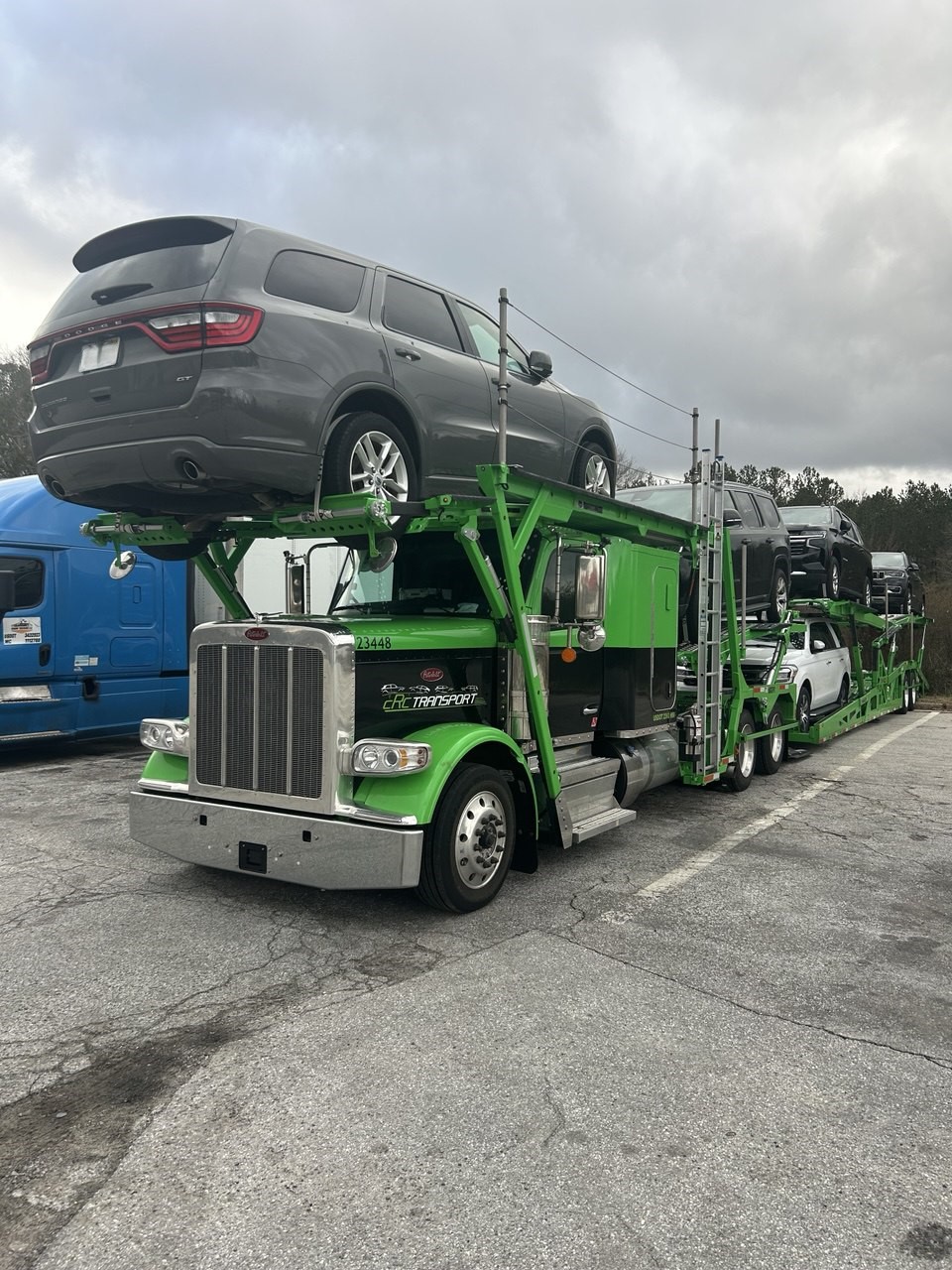Shipping a Non-Running Car: What You Need to Know
Not every vehicle is ready to drive onto a trailer. Whether it’s due to mechanical issues, an accident, or restoration work, shipping a non-running car comes with its own set of challenges. Fortunately, many car shipping services are equipped to handle inoperable vehicles with the right tools and experience.
This guide covers the essentials of transporting a non-running car, how it affects pricing, and what you should expect when working with car transport carriers.
Can You Ship a Car That Doesn’t Run?
Absolutely. Most professional car transporting companies offer solutions for inoperable vehicles. These cars require special equipment for loading and unloading, such as winches or liftgates, which are commonly found on transport vehicles used for this purpose.
Keep in mind that “non-running” can mean different things – from a dead battery to missing wheels. Be honest about the vehicle’s condition when requesting a car shipping estimate, as it directly impacts logistics and cost.
Types of Equipment Used
When dealing with a non-running car, standard open trailers may not be enough. In most cases, auto vehicle transport companies use:
- Winch-equipped trailers for rolling but non-starting vehicles
- Forklifts or flatbeds for immobile units
- Specialized ramps for low-clearance cars
It’s critical to communicate clearly with your car shipping services provider so they can dispatch the right equipment.
How Is Pricing Affected?
Shipping a non-running car typically costs more than transporting an operational one. Here’s why:
- Additional labor for loading/unloading
- Specialized equipment
- Longer loading times
- Fewer carriers willing to handle non-operational vehicles
If you’re shipping a vehicle across state lines, especially with limited access points, you’ll want to compare quotes carefully. Shipping a car to another state with limited carrier options might result in slightly higher prices, but it ensures your car is handled safely.
Choosing the Right Transport Provider
Not all car shipping companies dallas or auto transport miami providers offer services for inoperable vehicles. When looking for a transporter, ask these questions:
- Do you transport non-running cars?
- What kind of loading equipment do you use?
- Is there an additional fee?
- Do you offer tracking and delivery updates?
Choosing experienced car transport carriers ensures your vehicle is moved with care and precision.
Tips for a Smooth Shipping Experience
- Disclose the full condition of the vehicle
- Remove all personal belongings
- Ensure the tires are inflated, if possible
- Document the vehicle’s state with photos before pickup
- Label clearly any damaged or non-functional parts
Whether you’re moving a restoration project, a salvage unit, or a classic in need of repairs, working with the right shipping vehicle company makes all the difference.
Shipping a Non-Running Car Long Distance
From local towing to shipping a car to another state, inoperable vehicles can travel just as far as fully functional ones — if you work with the right provider. Some companies even specialize in car transporting for auctions, salvage yards, or restoration shops, making them ideal for long-distance shipments.
So whether you’re arranging a pickup in Dallas or looking for auto transport Miami specialists, always confirm that the company understands how to handle your specific situation.
Get an instant car shipping quote
Related Articles

Exciting Fleet Expansion: Welcome Our New Peterbilt 589 Model Trucks!
Exciting News!🥳
Our fleet has just expanded with the arrival of the latest Peterbilt 589 Model trucks, along with Cottrell trailers and Headramp. We are beyond excited about this development!



Open vs. Enclosed Auto Transport Which Option is Right for You?
When shipping your vehicle, one of the biggest decisions you’ll face is choosing between open and enclosed auto transport. Both options have their advantages, but the right choice depends on your budget, vehicle type, and specific needs.



CRC Transport sponsoring Karting!
At CRC Transport, we are dedicated to supporting communities. We recognize the impact of investing in them, which is why we try to create a network of sponsorship opportunities. Among our recent sponsorships is a new collaboration within the karting community.





